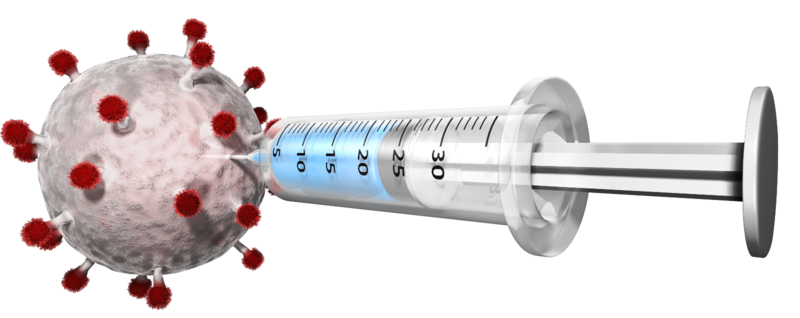17th September 2021, Dr Chee L Khoo

The Pfizer Comirnaty COVID-19 vaccine is an mRNA vaccine which is designed to induce an antibody response against the spike protein of the covid-19 virus. It contains the genetic code for the spike protein. It does not contain any live virus, and it cannot give you COVID-19. After getting the vaccine, your body makes copies of the spike protein. Your immune system respond by raising antibodies against the spike protein. If and when covid-19 virus ever attack you, the pre-formed antibodies are ready and will help reduce your chances of catching the infection. It also significantly reduce the severity of disease if you catch covid-19 infection despite the vaccination. Your chance of dying or being on a ventilator if you catch covid-19 is reduced by 90-95%. It also reduces transmission of the virus to someone else.
Comirnaty is effective in preventing COVID-19 in people aged 12 years and older. People who had two doses of Comirnatywere about 95 % less likely to get symptomatic COVID-19 than people who did not get the vaccine. It was equally effective in people over the age of 65 years, as well as people with some stable pre-existing medical conditions.
Protection against COVID-19 starts from about 2–3 weeks after the first dose. While one dose may give some protection, it may only last for the short-term. Two doses, generally given 3-4 weeks apart, will give optimal protection. No vaccine is 100 % effective, so it is possible that you can still get sick from COVID-19 after vaccination. We do not know for sure how long the protection from Comirnatywill last but recent studies suggest that at 6 months, the vaccine is still protective. More studies are pending. It is likely that we will need booster shots in the near future but we don’t know when and which vaccine yet.
Pregnant women with COVID-19 have an increased risk of severe illness and adverse pregnancy outcomes. Real-world evidence has shown that Comirnatyis safe for pregnant women and breastfeeding women. If you are breastfeeding, you can have Comirnaty. You do not need to stop breastfeeding after vaccination.
Who may not be suitable to have the Pfizer vaccine
As a precaution, people with a history of any of the following conditions can receive Comirnatybut advice should be sought from a GP, immunisation specialist or cardiologist about the best timing of vaccination and whether any additional precautions are recommended:
- Recent (i.e. within the past 6 months) or current inflammatory cardiac illness e.g., myocarditis, pericarditis, endocarditis
- Acute rheumatic fever (i.e., with active myocardial inflammation) or acute rheumatic heart disease
- Dilated cardiomyopathy (for people under 30 years of age)
- Congenital heart disease
- Severe heart failure
- Heart transplant recipients
People with reduced immune systems
The Australian Government strongly recommends people with immune-compromise receive COVID-19 vaccination. Comirnaty is not a live vaccine. It is safe in people with immunocompromise. There is no particular harm to have the vaccine because the vaccine do not contain any live viruses but the effectiveness of the vaccine may not be as good. Some immunosuppressive drugs may need to be adjusted prior to the vaccination. You should discuss with your specialist or GP prior to the vaccination.
Myocarditis after Comirnaty vaccine
There have been reports of myocarditis following Comirnaty and (Moderna) Spikevax vaccination. After 177 million doses of Comirnaty and 20 million Spikevax administered, the incidence of myocarditis is reported to be about 1 in a million doses administered. Most of those affected were young men.
Myocarditis is inflammation of the heart muscle. Patients with myocarditis may complain of chest pains, palpitations, shortness of breath, fatigue, nausea, vomiting or abdominal pain between 2-7 days after the second dose. Only a few patients require hospitalisation and all patients fully recover with no long term damage.
Obviously, the risk of cardiac complications due to SARS-CoV-2 infection far exceeds the minimal and rare risks of vaccination-related transient myocardial or pericardial inflammation.
